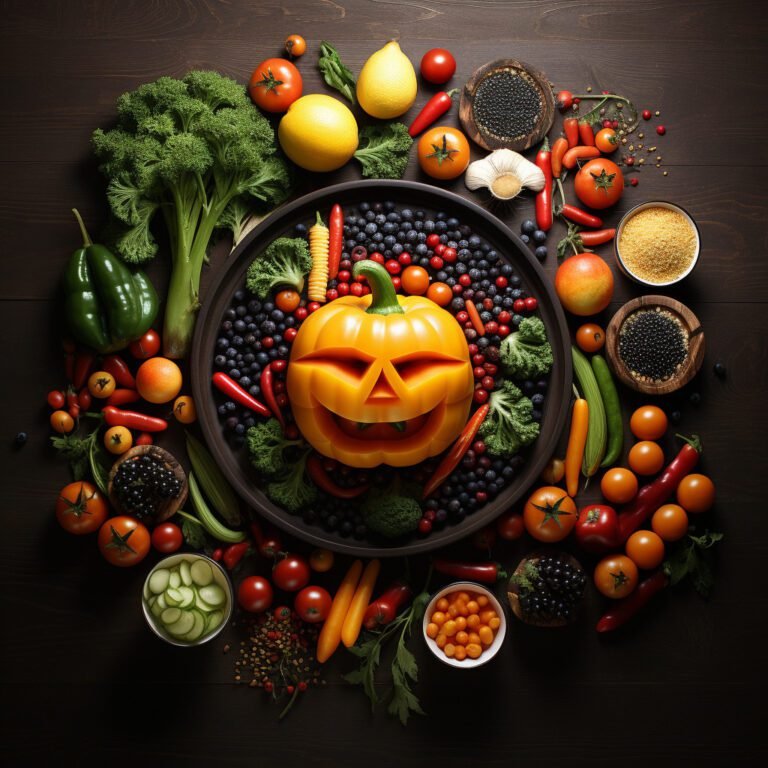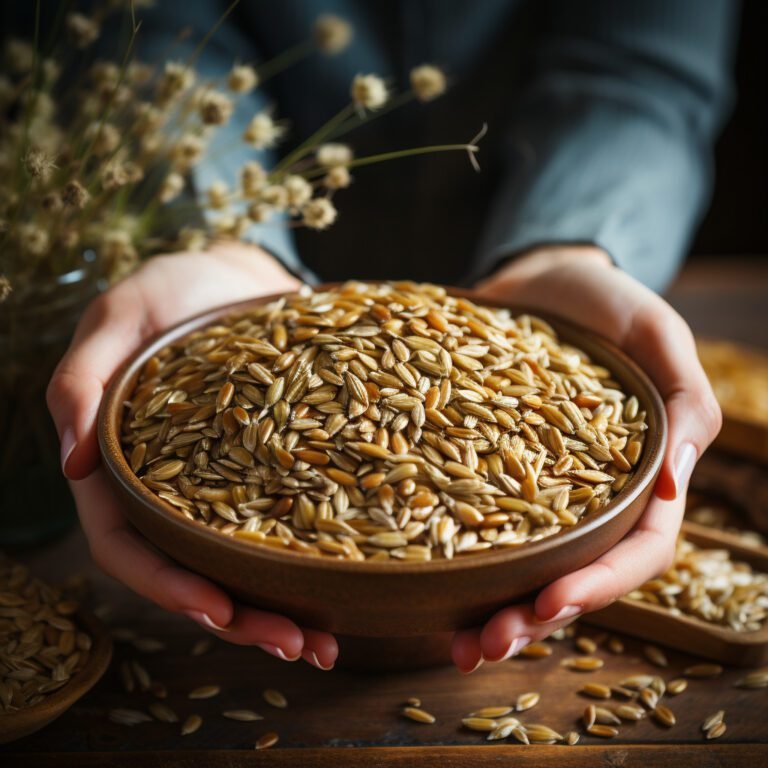Food Allergies Unveiled: Navigating Culinary Creativity in a Restricted Diet
Understanding Food Allergies
Food allergies, a common and often serious health issue, are a reaction of the immune system to certain substances in food. These reactions can range from mild symptoms such as itching or hives, to severe and possibly life-threatening anaphylaxis. According to the World Allergy Organization, food allergies affect around 220-250 million people worldwide. Understanding food allergies is crucial to ensuring the safety and well-being of those affected, particularly when it comes to navigating culinary creativity amidst dietary restrictions.
Common Food Allergens
Although any food can trigger an allergic reaction, eight types of food account for about 90% of all reactions. These include milk, eggs, peanuts, tree nuts, fish, shellfish, soy, and wheat. It’s essential to know that food allergies are different from food intolerances. Unlike food allergies, which involve the immune system, food intolerances involve the digestive system and are generally less severe.
Navigating Culinary Creativity with Dietary Restrictions
Cooking for someone with food allergies can seem daunting, but it doesn’t have to limit your culinary creativity. In fact, it can be an opportunity to discover new ingredients and experiment with different cooking techniques. Here are some tips to guide you:
- Read labels carefully: Always check food labels for potential allergens. Even products that seem safe can sometimes contain hidden allergens.
- Try substitutions: There are numerous alternatives available for common allergens. For example, almond milk or oat milk can replace cow’s milk, and chickpea flour can substitute wheat flour.
- Experiment with flavors: Allergen-free doesn’t mean flavor-free. Use herbs, spices, and other flavor-enhancing ingredients to make your dishes tasty and appealing.
- Be mindful of cross-contamination: Even a tiny amount of allergen can cause a reaction. Ensure to clean surfaces and utensils thoroughly and separate allergen-free foods from others.
Managing Food Allergies in Social Settings
Living with food allergies extends beyond the kitchen. Navigating social gatherings, dining out, and attending events can present unique challenges. Understanding how to communicate your dietary needs effectively and ensuring the safety of your food in various settings is essential for those with food allergies.
Seeking Professional Guidance for Food Allergies
While self-education is valuable, seeking guidance from healthcare professionals specializing in allergies can provide crucial insights. Allergists and registered dietitians can offer personalized advice on managing allergies, creating balanced diets, and addressing potential nutritional gaps that may arise from dietary restrictions.
Empowering Lives Through Food Allergy Awareness
In conclusion, recognizing the prevalence and impact of food allergies is a vital step towards creating a safer and more inclusive culinary landscape. By understanding common allergens, employing smart cooking techniques, and advocating for oneself in social settings, individuals can enjoy delicious meals without compromising their health. Additionally, seeking professional guidance ensures that dietary needs are met in a balanced and sustainable manner. Together, we can foster a community that values and accommodates individuals with food allergies, ultimately enriching the culinary experience for all.





